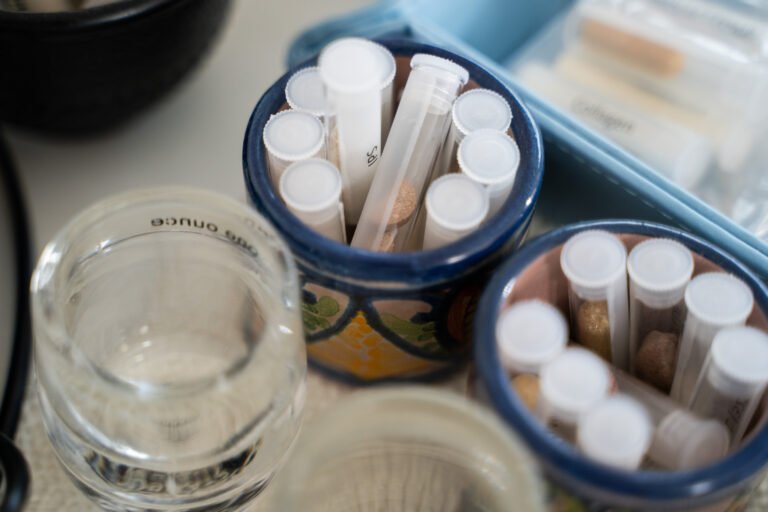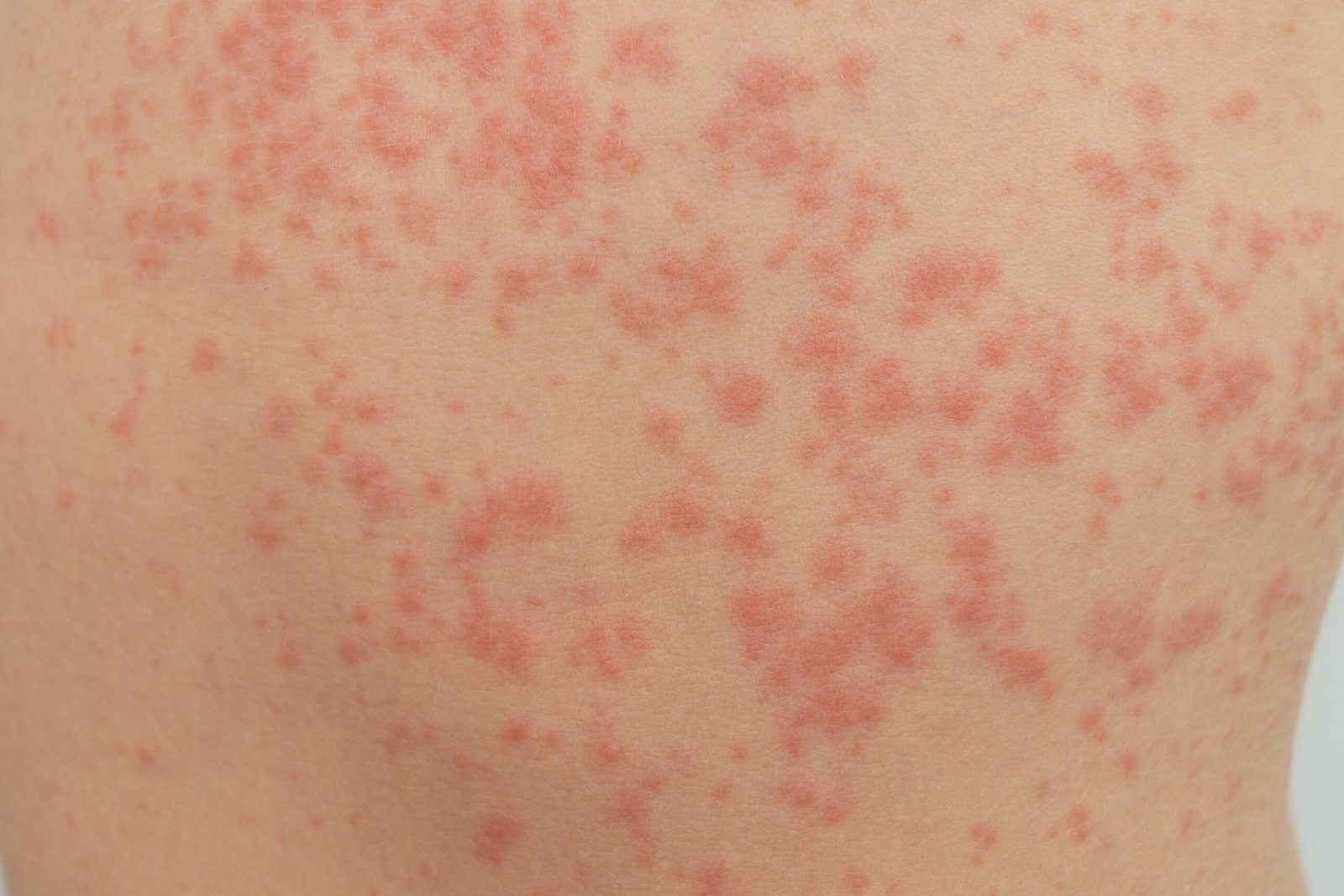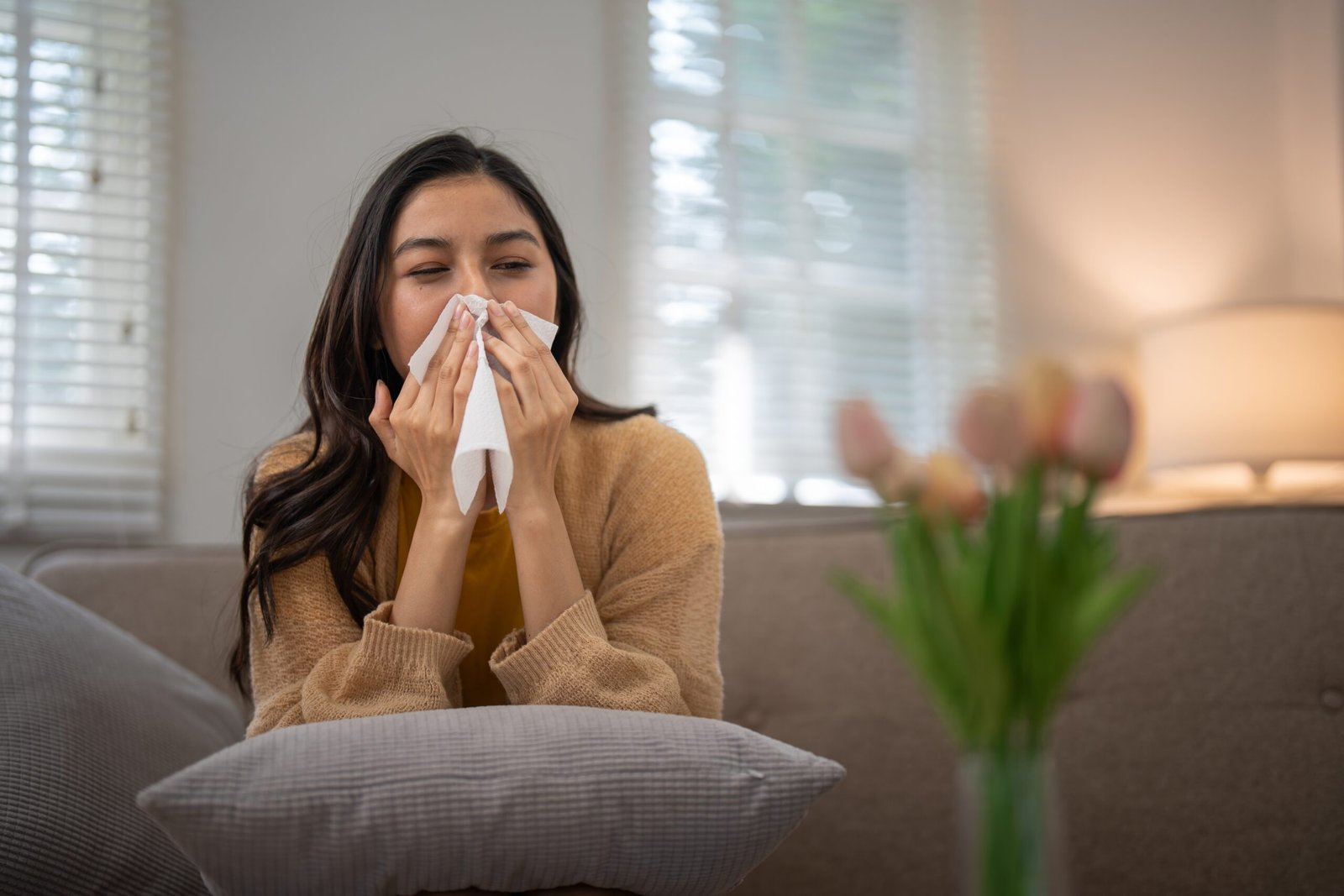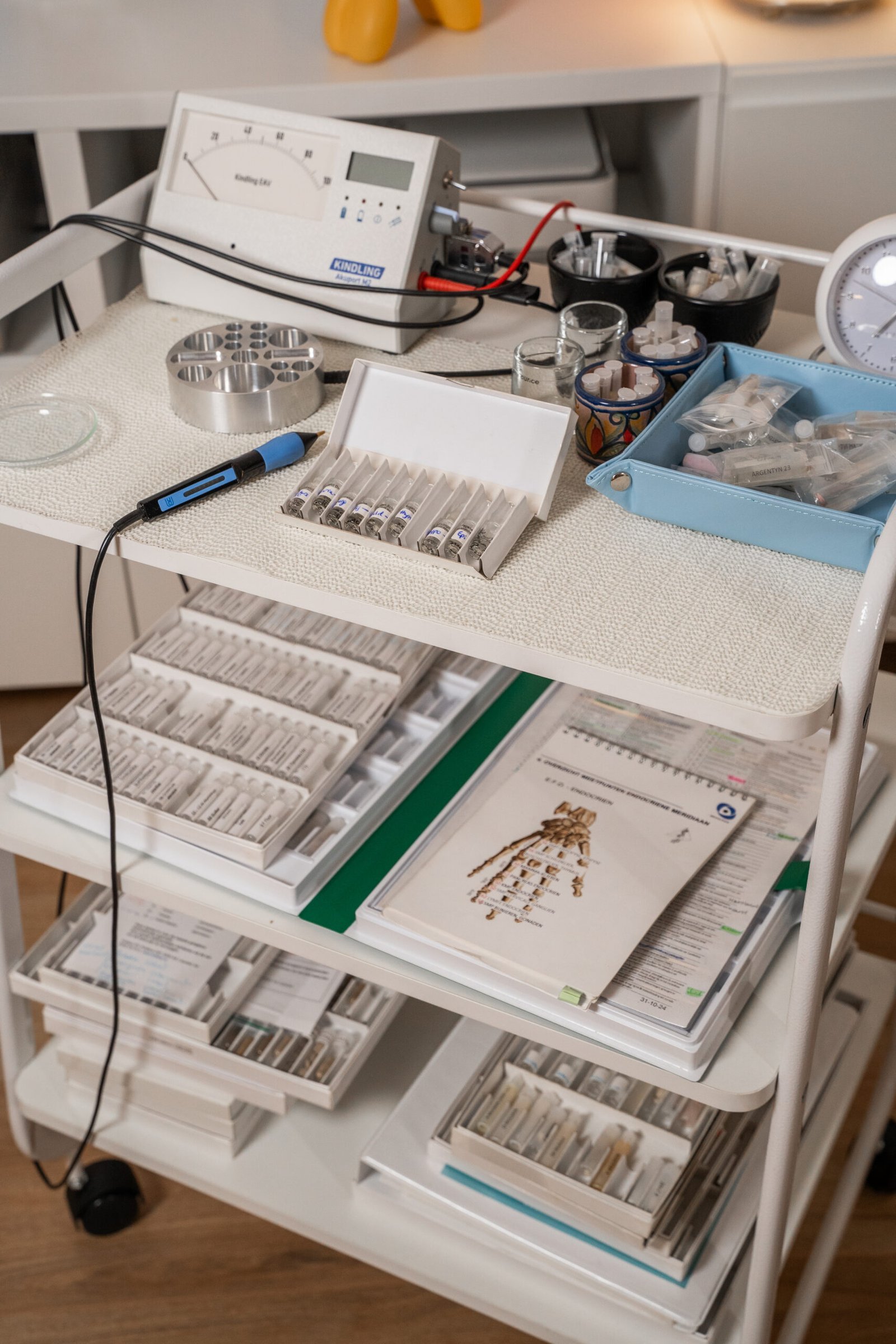How to Lower Histamine Levels in the Body Naturally
Histamine is a crucial chemical involved in the body’s immune response, digestion, and central nervous system functions. However, when histamine levels become too high, it can lead to various health issues, including allergies, headaches, and digestive problems. Managing and lowering histamine levels naturally can help alleviate these symptoms and improve overall well-being. This blog post explores effective natural methods to reduce histamine levels in the body.
Understanding Histamine
Symptoms of High Histamine Levels
When histamine levels are elevated, you may experience symptoms such as:
- Headaches or migraines
- Hives or skin rashes
- Nasal congestion or runny nose
- Digestive issues such as bloating, diarrhea, or stomach pain
- Fatigue
- Anxiety or irritability

Natural Ways to Lower Histamine Levels
1. Follow a Low-Histamine Diet:
- Certain foods are naturally high in histamine or can trigger histamine release. To lower histamine levels, avoid or limit the following foods:
- Aged cheeses and cured meats
- Fermented foods such as sauerkraut, kimchi, and soy sauce
- Alcohol, especially red wine and beer
- Vinegar and vinegar-containing foods
- Certain fish like mackerel, sardines, and tuna
- Dried fruits
- Tomatoes, eggplants, spinach, and avocados
- Instead, focus on consuming fresh, unprocessed foods. Safe options include fresh meats, most vegetables, rice, and non-citrus fruits like apples and pears.
2. Increase Intake of Antihistamine Foods:
- Some foods have natural antihistamine properties and can help reduce histamine levels. These include:
- Quercetin rich foods like onions, apples, and berries
- Vitamin C-rich foods such as citrus fruits, broccoli, and bell peppers
- Green tea and chamomile tea
- Ginger and turmeric
3. Support Gut Health:
A healthy gut can help regulate histamine levels. Probiotics, especially strains like Lactobacillus rhamnosus and Bifidobacterium infantis, may help reduce histamine production. Prebiotic foods like garlic, onions, and bananas can also support gut health.
4. Stay Hydrated:
Drinking plenty of water can help flush out excess histamine and other toxins from the body. Aim to drink at least eight glasses of water a day, more if you are active or live in a hot climate.
5. Manage Stress:
Stress can trigger the release of histamine. Practices like meditation, yoga, deep breathing exercises, and regular physical activity can help reduce stress levels and, in turn, lower histamine levels.
6. Consider Natural Supplements:
- Some supplements may help lower histamine levels, including:
- Vitamin C: A natural antihistamine that can reduce histamine levels.
- Bromelain: An enzyme found in pineapples that can help reduce inflammation and histamine levels.
- Stinging Nettle: A herb that may have antihistamine properties.
- DAO (Diamine Oxidase): An enzyme that helps break down histamine in the gut.
7. Avoid Histamine-Releasing Medications:
Certain medications can trigger the release of histamine or inhibit its breakdown. These include some painkillers (like aspirin), antidepressants, and antibiotics. Consult with your healthcare provider to explore alternative options if you suspect your medication might be contributing to high histamine levels.

Conclusion
Managing histamine levels naturally involves a combination of dietary adjustments, lifestyle changes, and, when necessary, natural supplements. By following a low-histamine diet, supporting gut health, managing stress, and staying hydrated, you can effectively reduce histamine levels and alleviate symptoms associated with histamine intolerance.
Always feel free to book a consultation with me before making significant changes to your diet or starting new supplements to ensure they are appropriate for your individual health needs.




